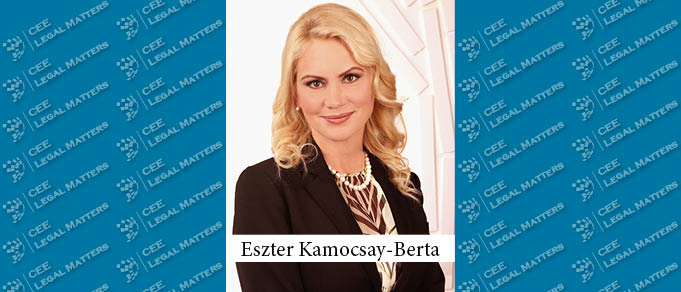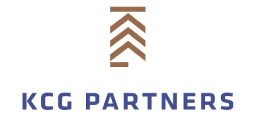Starting on 1 January 2024, a new feature was launched regarding personal income allowances, meaning that certain tax base reduction allowances can also be claimed on a continuing basis. The purpose of the existing tax advance return is to allow the employer to determine and deduct the tax advance, considering both benefits and costs.
However, individuals can reduce their total taxable amount through various types of tax allowances. These include mothers with four or more children-, young people under 25, mothers under 30, first-time mothers, family allowance and personal allowance. A continuing advance tax return means that it is not required to file a new advance tax return every year, but the employer can take it into account without change until a new return or request is filed that the advance tax return be disregarded. This option is available for mothers with 4 or more children, for those entitled to the personal allowance, and for first-time married couples, as long as they select the continuation option when filing the return (via the Online Form Filler of National Tax and Customs Administration). For first-time married couples, continuing advance tax return credits are valid from the month following marriage and last for up to 24 months.
It should be noted that the allowance for young people under the age of 25 is automatically claimed by the employer, so it is still not necessary to request it separately. On the other hand, mothers under 30 years of age and those entitled to the family allowance must continue to declare annually, without the possibility of making a continuing advance tax return.
If a person has made a continuing advance tax return but later ceases to be entitled to the benefit, they must make a new advance tax return in an appropriate time. If the person fails to notify their employer and a tax shortfall occurs, the unauthorized allowance must be repaid. Additionally, a 12% differential penalty must be paid on the difference by the annual deadline for filing the income tax return.
Due to the rise in average gross income, the income threshold for tax exemption has also increased. Furthermore, the recent changes to advance tax returns mean that employers and regular income payers are no longer required to file a new advance tax return annually.
By Eszter Kamocsay-Berta, Managing Partner, KCG Partners Law Firm


